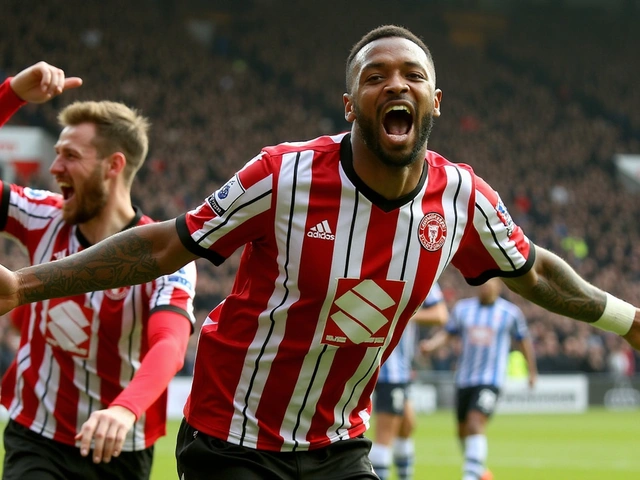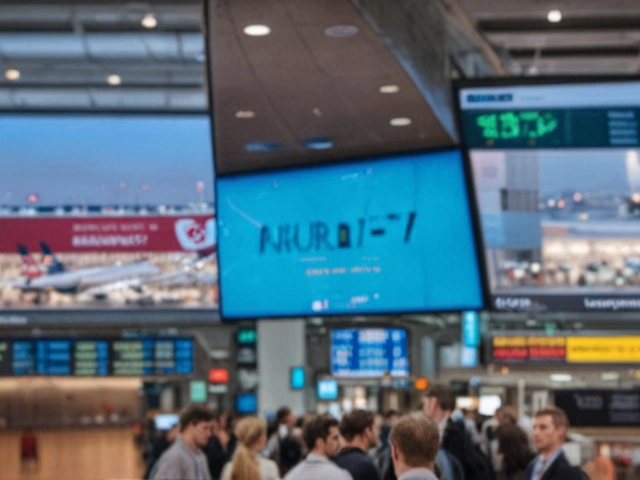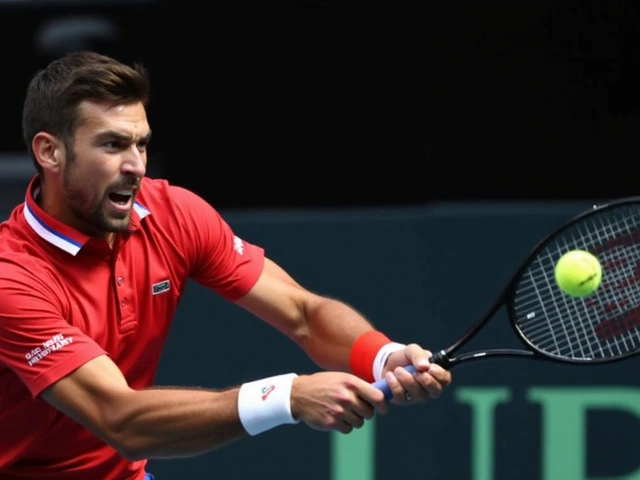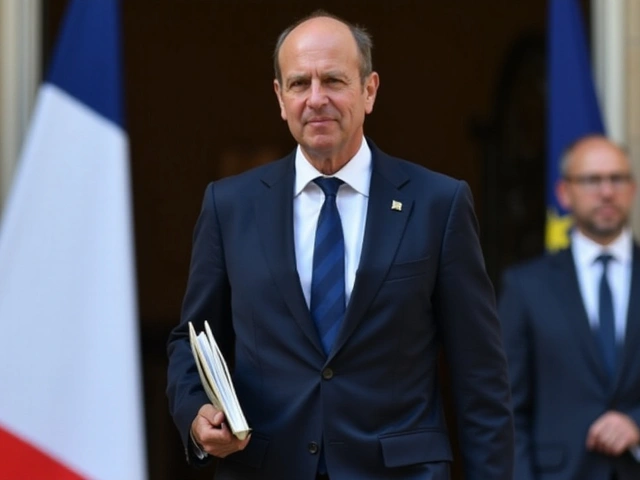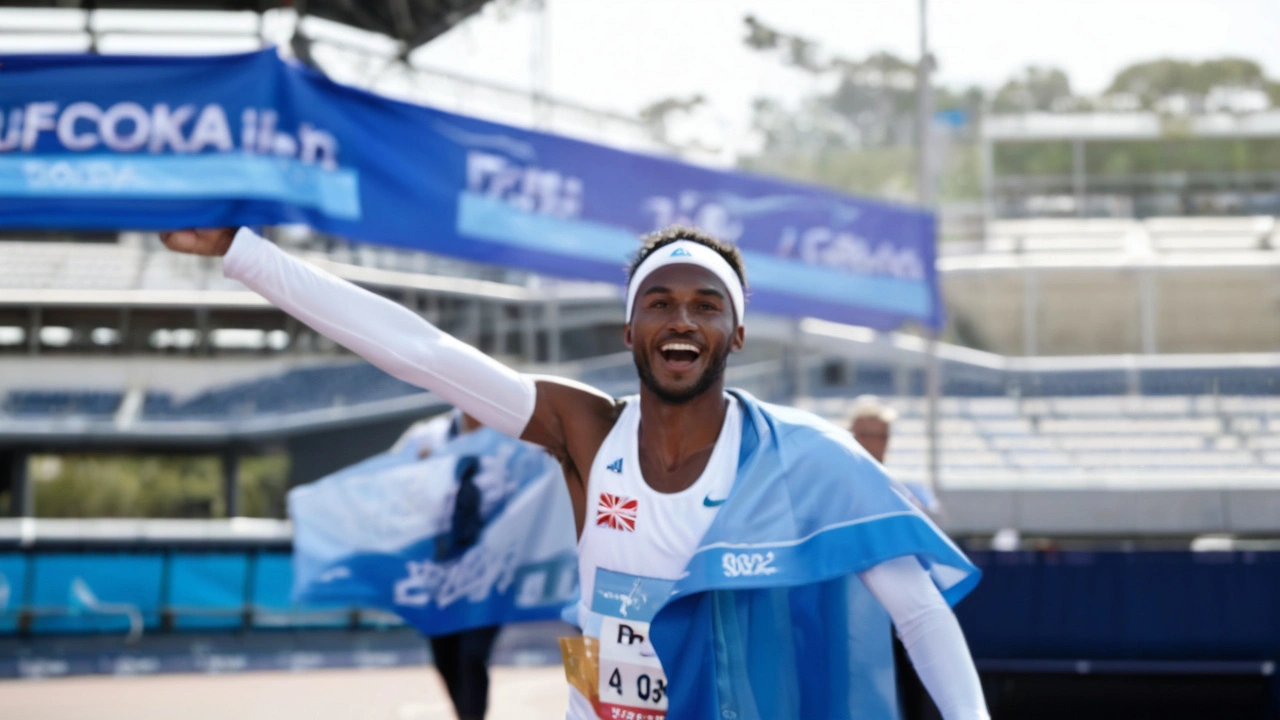
Everything You Need to Know About the 2024 Olympic Marathon
The 2024 Summer Olympics in Paris is gearing up to be a spectacular event, with the marathon races set to be the highlight of the athletics schedule. The men's marathon will be held on August 10, followed by the women's marathon on August 11. Spectators and fans around the world are eagerly awaiting these events, which promise to feature some of the world’s most elite runners battling it out on a challenging and historic course.
Important Dates and Times
This year’s marathon events will take place in the evening, presenting a unique departure from the traditional early morning schedule. The men’s race will kick off on August 10, while the women’s marathon will occur the following day on August 11. Both events are designed to leverage the picturesque Parisian twilight, providing a stunning backdrop for this prestigious event and offering a unique viewing experience for both on-site spectators and those tuning in from around the globe.
The Route
One of the most remarkable aspects of the 2024 Olympic marathons is the route that the runners will take. Starting from the historic Hôtel de Ville in Paris, the course will lead athletes to the grand Palace of Versailles. This route is not only visually striking but also honors the deep-rooted history of France and its capital city. The marathon course features a 436-meter climb and a 438-meter descent, ensuring it will test the mettle of even the most seasoned runners.
Passing through nine districts of the Île-de-France region, the route traverses Paris, Boulogne-Billancourt, Sèvres, Ville d’Avray, Versailles, Viroflay, Chaville, Meudon, and Issy-les-Moulineaux. This scenic yet grueling path will make for a memorable race, blending the historical and modern landmarks of Paris and its neighboring areas.
Top Contenders
The men's marathon features a star-studded lineup, including some of the biggest names in long-distance running, such as Eliud Kipchoge, Kenenisa Bekele, Benson Kipruto, Tamirat Tola, Conner Mantz, and Clayton Young. Eliud Kipchoge, the current world record holder and two-time Olympic champion, is expected to be the man to beat. However, with fierce competition from other seasoned runners, the race promises to be both intense and unpredictable.
For the women’s marathon, the competition is equally fierce. Top athletes like Tigist Assefa, Sifan Hassan, Peres Jepchirchir, Emily Sisson, Hellen Obiri, Rose Chelimo, Fiona O’Keeffe, and Sharon Lokedi are among the frontrunners. Each of these women has a strong track record in marathon running, making the race anyone’s to win. The women’s marathon will be the concluding event of the 2024 Olympics, adding an extra layer of excitement as it will lead into the closing ceremony.
Broadcasting and Streaming Options
For those looking to watch the marathon live, NBC will be providing extensive TV coverage in the United States. Additionally, the races will be available for streaming via Peacock and the NBC Sports app. This allows fans to follow every moment of the event, from the initial gunshot to the final stride across the finish line. With the evening timing, the races are expected to draw a significant viewership, bringing the thrill of the Olympics to a broader audience.
The Marathon Pour Tous and Women’s March on Versailles
In addition to the Olympic marathon events, two unique marathons will be held. The Marathon Pour Tous is a mass participation race that invites amateur runners to experience the same course as the Olympians. This inclusive event features both a full marathon and a 10K race, allowing runners of various skill levels to be part of the Olympic spirit.
Another significant event is the Women’s March on Versailles, a historic march that celebrates the long journey of women’s rights and empowerment. This march will take place on the same route as the marathon, adding to the rich tapestry of events surrounding the Olympic games. Together, these additional races and marches illustrate the 2024 Olympics' broader commitment to inclusion, history, and community involvement.
A Historic Venue
The choice of the Hôtel de Ville as the starting point and the Palace of Versailles as the endpoint underscores the deep historical roots of the event. Hôtel de Ville, the city hall of Paris, has been a significant landmark since the 14th century, symbolizing the administrative heart of the capital. Meanwhile, the Palace of Versailles, with its opulent architecture and lush gardens, is one of the most iconic symbols of French royalty. By linking these two landmarks, the marathon route mirrors the journey through time, showcasing the cultural and historical richness of the region.
Challenging Course Conditions
With a total climb and descent that exceeds 430 meters each, the marathon course presents a daunting challenge to the participants. The elevation changes will test the athletes' endurance, strategy, and pacing. These factors add an additional layer of excitement and unpredictability to the race, as runners must navigate both the physical demands of the course and the tactical battles with their competitors. The race will not only be a test of speed but also of resilience and mental fortitude.
Conclusion and Final Thoughts
The 2024 Olympic marathons are set to be thrilling events that offer a blend of athletic excellence, cultural history, and vibrant celebration. With top athletes from around the world, a picturesque yet challenging course, and a series of complementary events such as the Marathon Pour Tous and the Women’s March on Versailles, these races promise to be memorable highlights of the Paris Olympics. Fans worldwide will have various opportunities to witness the action, whether through traditional broadcasts or streaming platforms, ensuring an inclusive and far-reaching celebration of this sport. Mark your calendars, prepare your viewing strategies, and get ready to be inspired by the athletes as they race through the heart of one of the world’s most beautiful and historic cities.

